Being "borrowed face" to sell goods
“No matter what the original knee condition is, just apply our method, we guarantee that within 7 days it will improve significantly, if it is completely ineffective, I am willing to compensate 1 billion VND as a sincere apology. If you really do not see any effect, we commit to a 100% refund and I myself am willing to compensate 1 billion VND, not everyone dares to commit like that”, that is the sharing of a famous female singer advertising a joint pain relief massage cream product, but it is worth mentioning that this advertisement was created entirely by AI.
The above advertisement clip was used by a TikTok account named LShop using the singer's image, voice and body language in a realistic way that cannot be detected without careful observation. This account has nearly 9,000 followers, 67,000 likes and each clip has thousands of views. The "advertising" video alone using the singer's image has attracted more than 1,000 likes and nearly 100 comments for purchase.
With the same massage cream product, sales channels also “produced” another deepfake version, this time a doctor. In the clip, the character firmly promised: “I am the most prestigious orthopedic doctor in Hanoi and I guarantee that even the most serious meniscus tear can be completely cured in just 3 days. This gel has been certified by the most prestigious orthopedic association in Vietnam”. This line was recreated by AI for a series of other “doctors”, making it easy for viewers to mistake it for real.
The clip attracted nearly 4,000 likes and more than 120 comments, but when we texted to try to buy, the account did not respond, nor did it interact with viewers in the comment section, just leaving the product in the cart for direct purchase. Notably, the product for sale is from China and the product information is very vague.
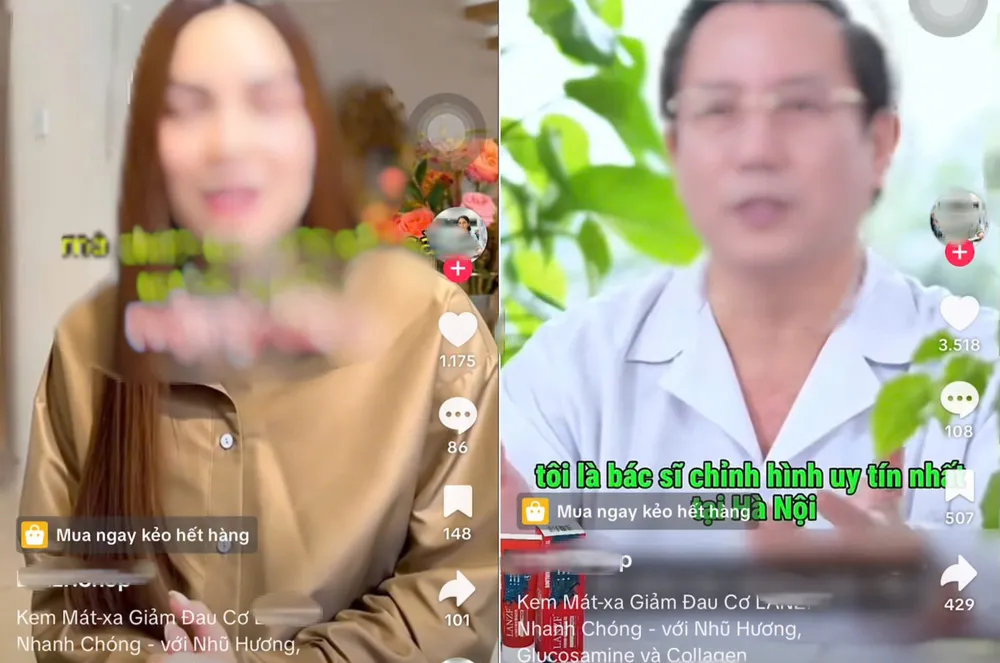
Not stopping there, the deepfake trick has also spread to spiritual matters. A TikTok account named Phat Phap NM not only reposts the lectures of Master TPH but also uses AI technology to create images of the “master” selling products such as Bodhi leaves and agarwood bracelets.
When viewers left comments asking to buy, the channel responded: "If things don't go as planned, go to the display section on my account and choose what you need, don't be stingy with the small change and ignore the bigger one." Immediately after that, this monk himself had to speak up to clarify that he had never advertised or been involved with such products.
The Line Between Creativity and Infringement
Cybersecurity expert Ngo Minh Hieu (Hieu PC) of the National Cyber Security Monitoring Center (NCSC) said that fake advertising clips spreading on social networks are mainly created with Deepfake software. This software is not rare, and many services even provide packages with low costs and very simple operations. Although there are positive applications in the field of digital content creation and media production, according to Mr. Hieu, the problem lies in the fact that some subjects have taken advantage of this technology for negative purposes such as fraud, identity forgery, spreading fake news or defaming others through videos that look real.
Mr. Hieu also gave some signs to help identify deepfake clips, such as facial expressions in the video being somewhat stiff, mouth shapes and movements not matching the dialogue... Mr. Hieu warned that there have been more serious situations when AI was used to insert victims' faces into sensitive videos for the purpose of intimidation, coercion and profiteering.
According to lawyer Tran Duc Phuong, Ho Chi Minh City Bar Association, using AI to create images of celebrities (or specific individuals) without their consent is an act of violating personal rights, specifically the right to image, as stipulated in Article 32 of the 2015 Civil Code. The law stipulates: “Individuals have the right to their own image. The use of an individual’s image must have that person’s consent. The use of an image for commercial purposes must pay remuneration to the person whose image is used, unless the parties have another agreement.”
Thus, if a social network account owner uses AI-recreated images from real photos, old videos, etc. for advertising or sales purposes without permission, he or she has violated the law. If the use of an image violates the provisions of this article, the person with the image has the right to request the court to issue a decision forcing the violator, relevant agencies, organizations, and individuals to withdraw, destroy, and terminate the use of the image, compensate for damages, and apply other measures in accordance with the provisions of the law.
Source: https://www.sggp.org.vn/deepfake-tran-lan-khong-ai-an-toan-truoc-chieu-tro-gia-danh-bang-ai-post803313.html



![[Photo] Images of the State-level preliminary rehearsal of the military parade at Ba Dinh Square](https://vphoto.vietnam.vn/thumb/1200x675/vietnam/resource/IMAGE/2025/8/27/807e4479c81f408ca16b916ba381b667)
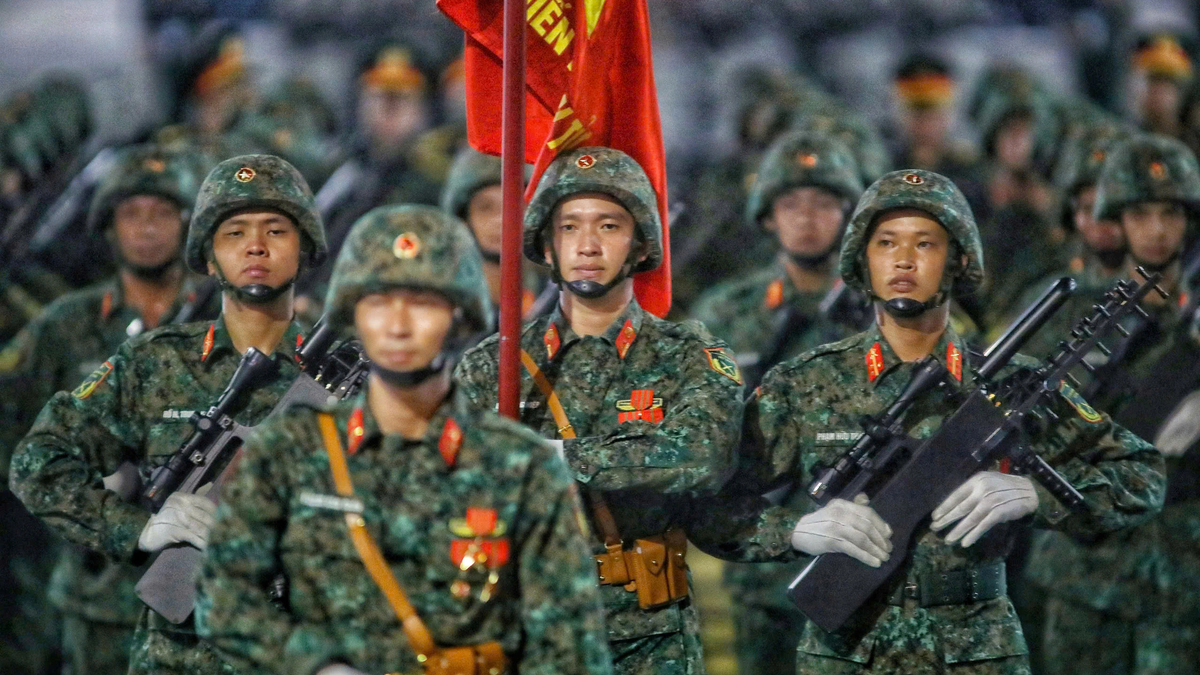
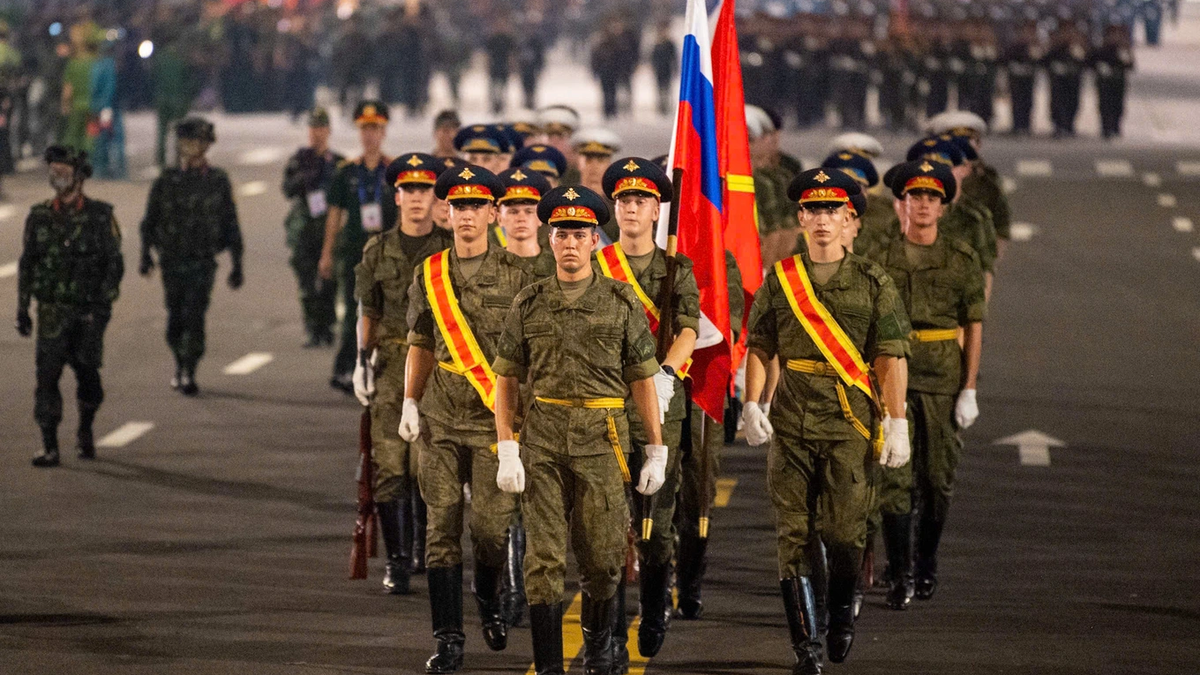
![[Photo] Parade blocks pass through Hang Khay-Trang Tien during the preliminary rehearsal](https://vphoto.vietnam.vn/thumb/1200x675/vietnam/resource/IMAGE/2025/8/27/456962fff72d40269327ac1d01426969)
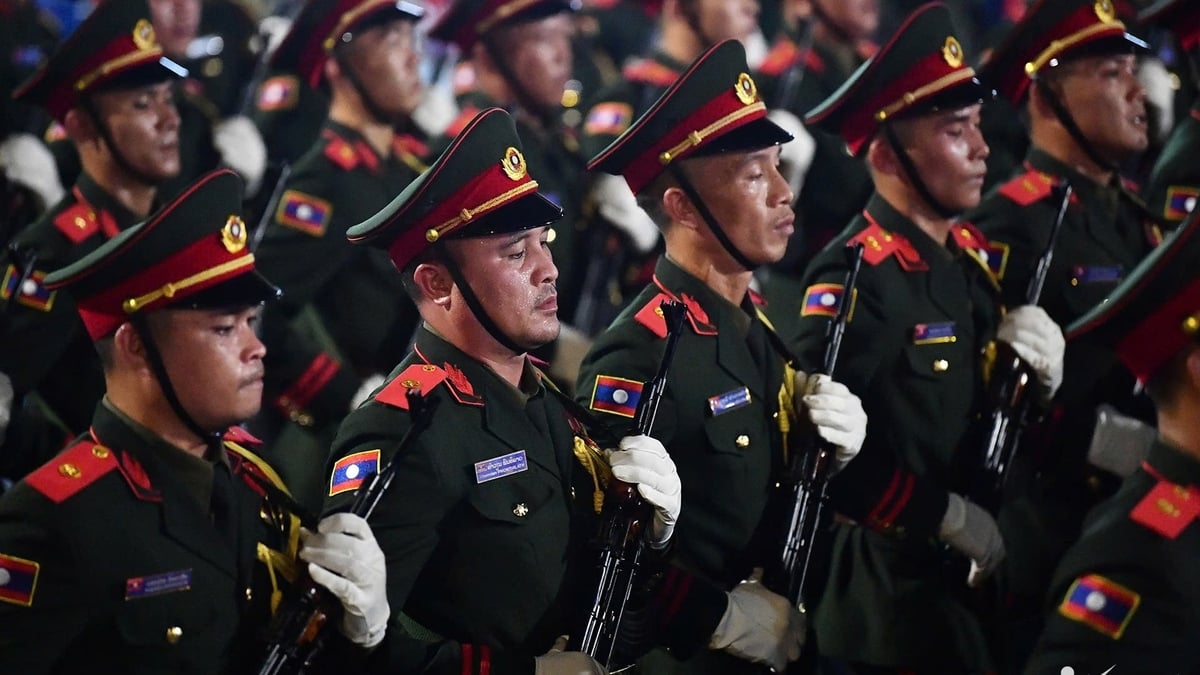
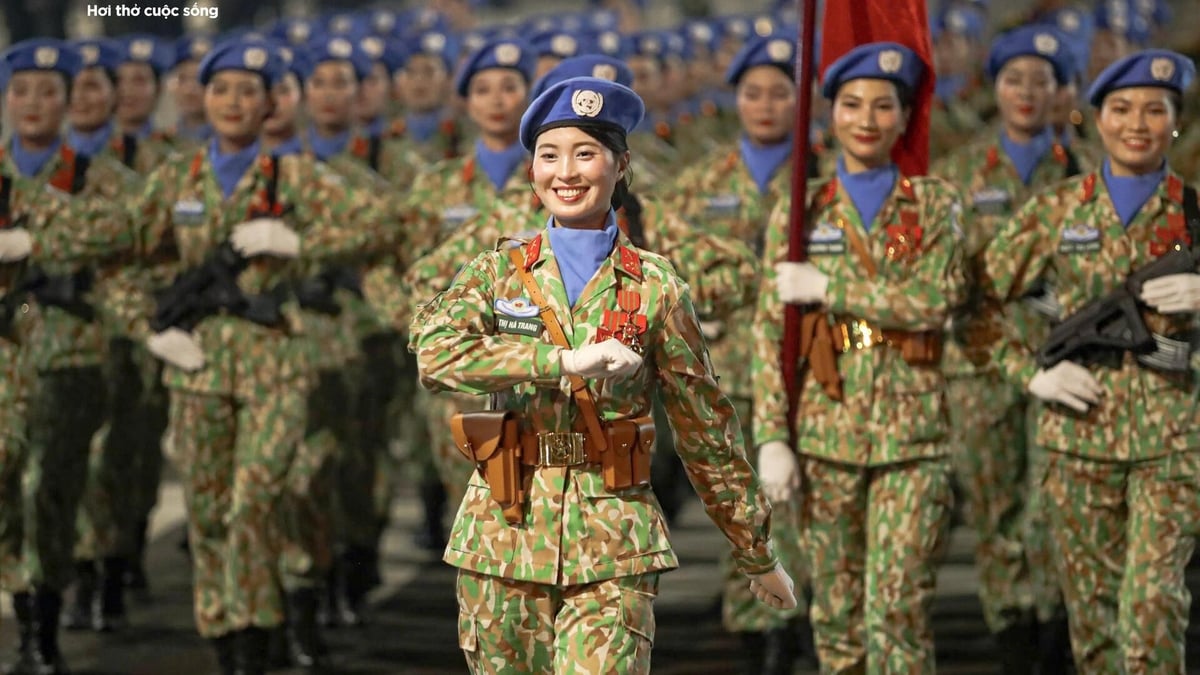
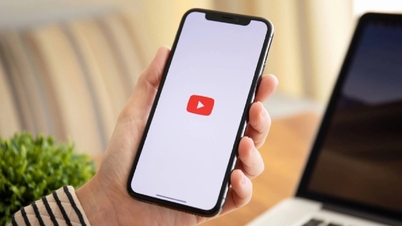



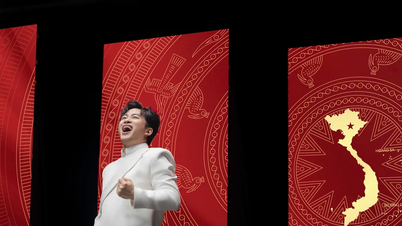
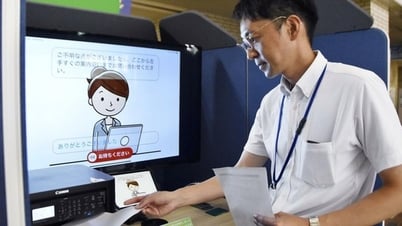
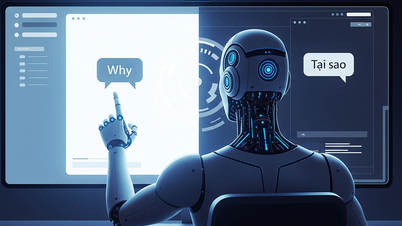









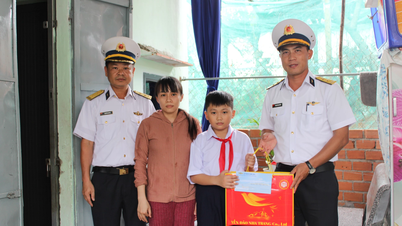


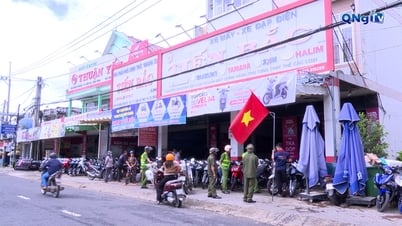





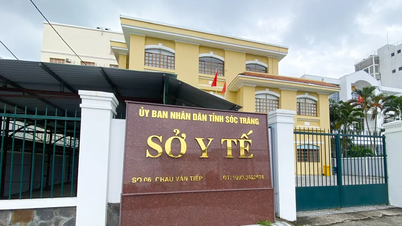
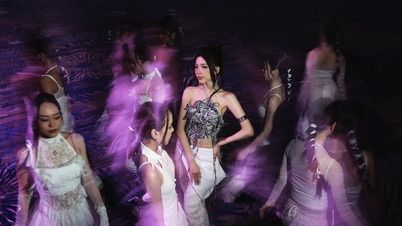
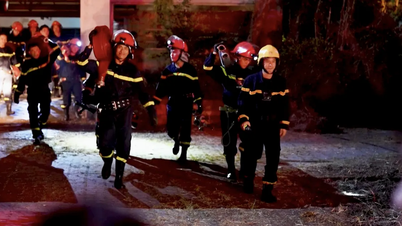


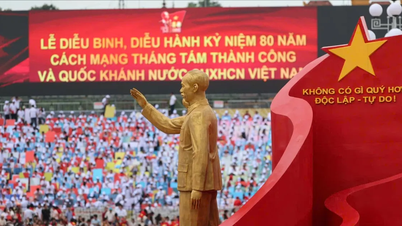





























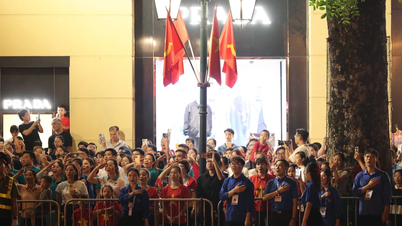

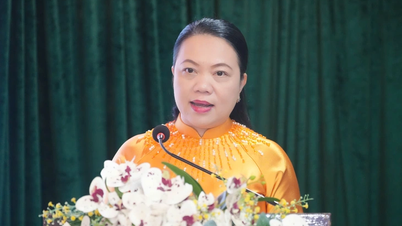
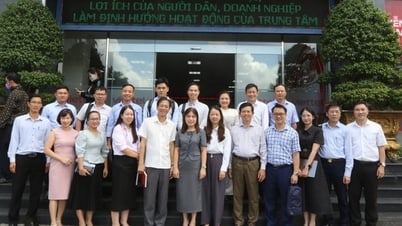






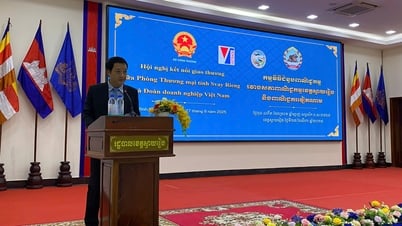



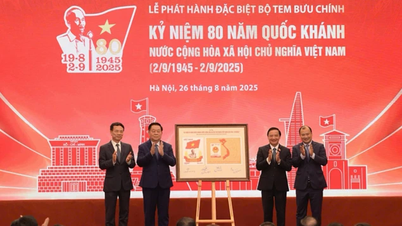
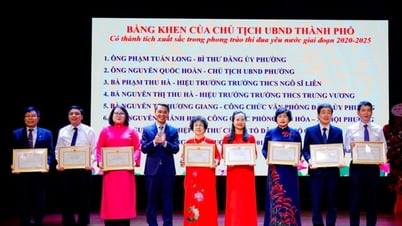



















Comment (0)